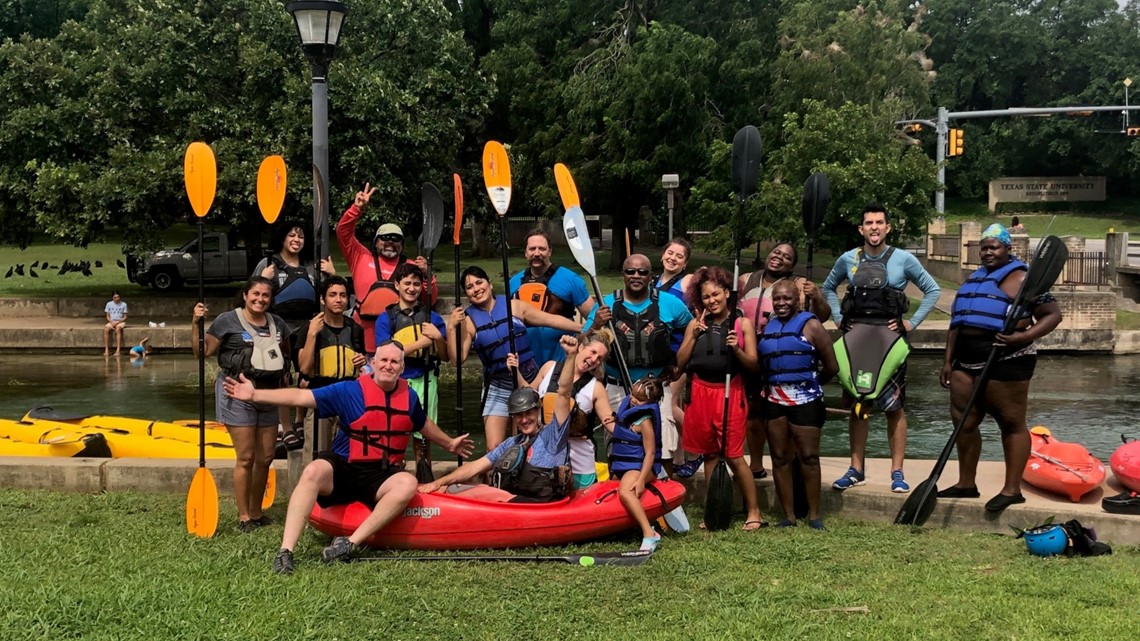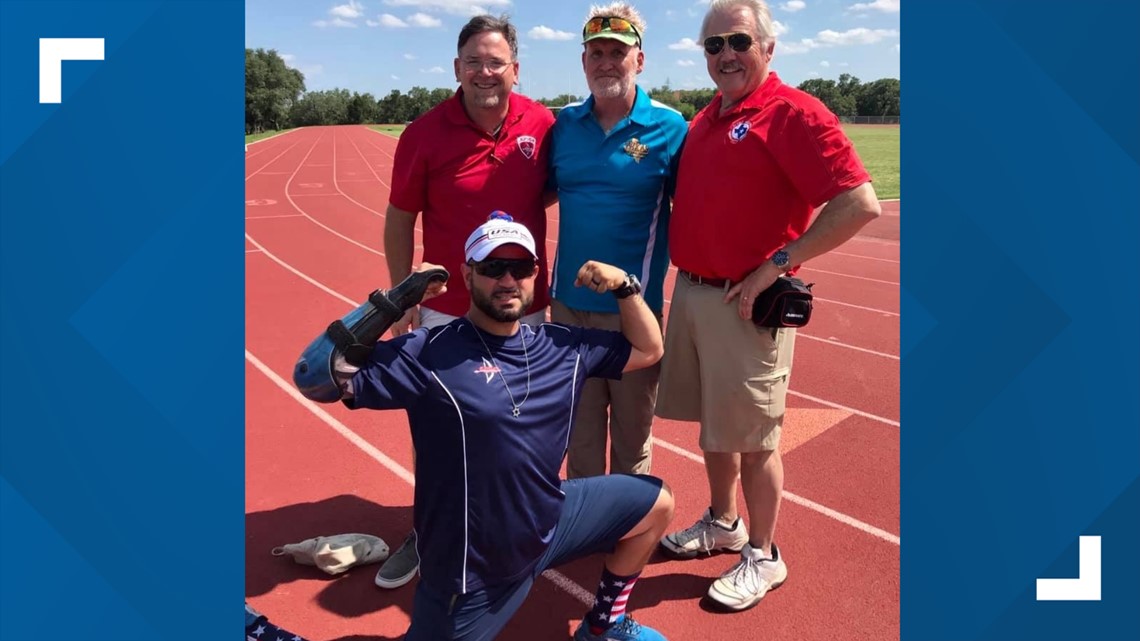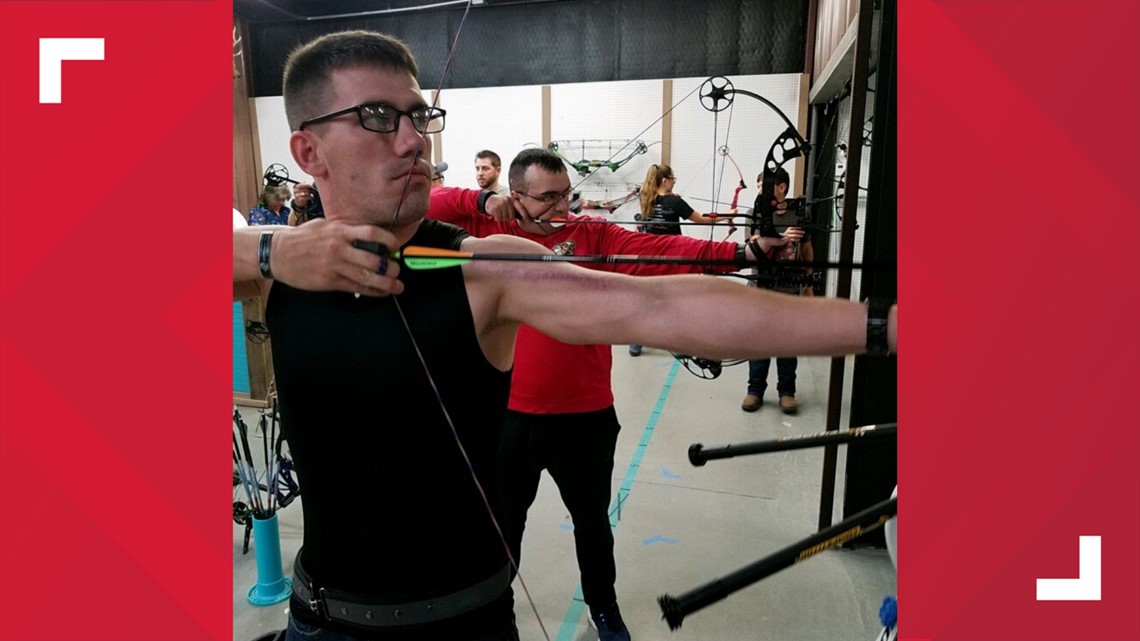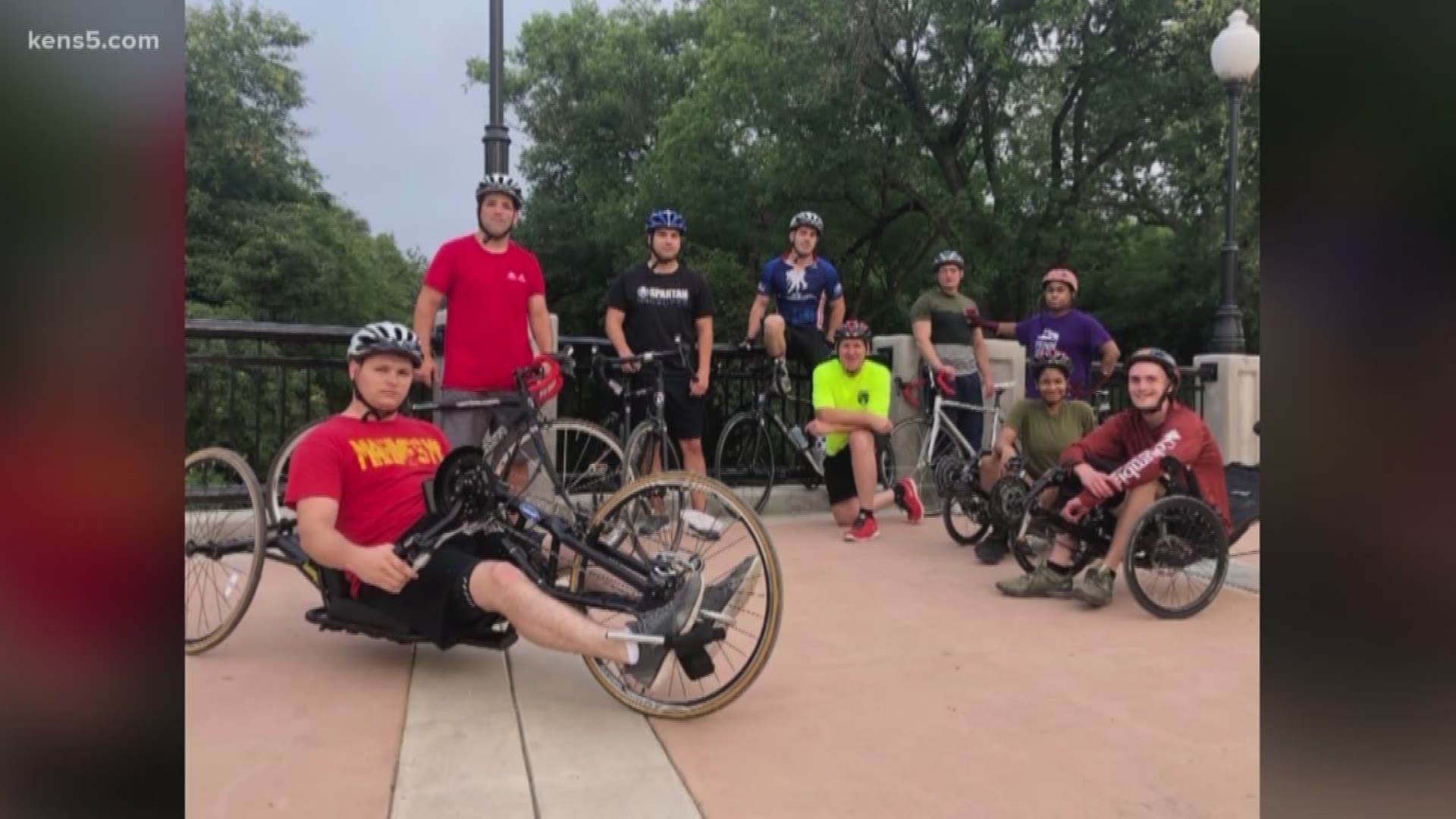SAN ANTONIO — Brad Bowen, a military adaptive sports program coordinator, has helped injured service members at Brook Army Medical Center since 2013. He served 23 years in the Army and retired in 2005. Bowen decided to go back to school and earn his graduate degree in recreation therapy at Texas State University.
“Recreation has always been a big part of relaxing or decompressing. When you lose the ability with a loss of limb or physical disability, I wanted to be involve to help somebody regain their ability to decompress or to relax,” said Bowen.


His role is to improve the health and wellness of injured service members through adaptive sports. Bowen said he’s helped about 55 hundred service members and built lasting friendships over the years.
“They call me B-rad. I've never seen the movie. I guess there was a guy where he wears a lot of goal chains,” said Bowen with a laugh. “I thought they were kind of mini-bullying me ‘cause I didn't know what it meant but it was a compliment.”


Bowen said recreation therapy through adaptive sports is a challenge for service members who have to learn their “new normal.”
“It's not easy for someone who loses a limb. Once they lose it. it's losing a part of their life,” he said. “Some of the toughest ones are traumatic brain injury. Where you're probably the toughest guy in the whole word, special ops type of guy. Nothing keeps you down. Absolutely nothing. And then, something happens to your brain where it’s not working quite right.”
Bowen also, helps service members prepare for the Warrior Games, an annual competition held by the Department of Defense that features athletes in 14 adaptive sports.


“It's really not all about the winning. Its internal winning over your disabilities also. You could be the slowest swimmer and be the biggest hero,” said Bowen. “I love it. It's a good job.”

